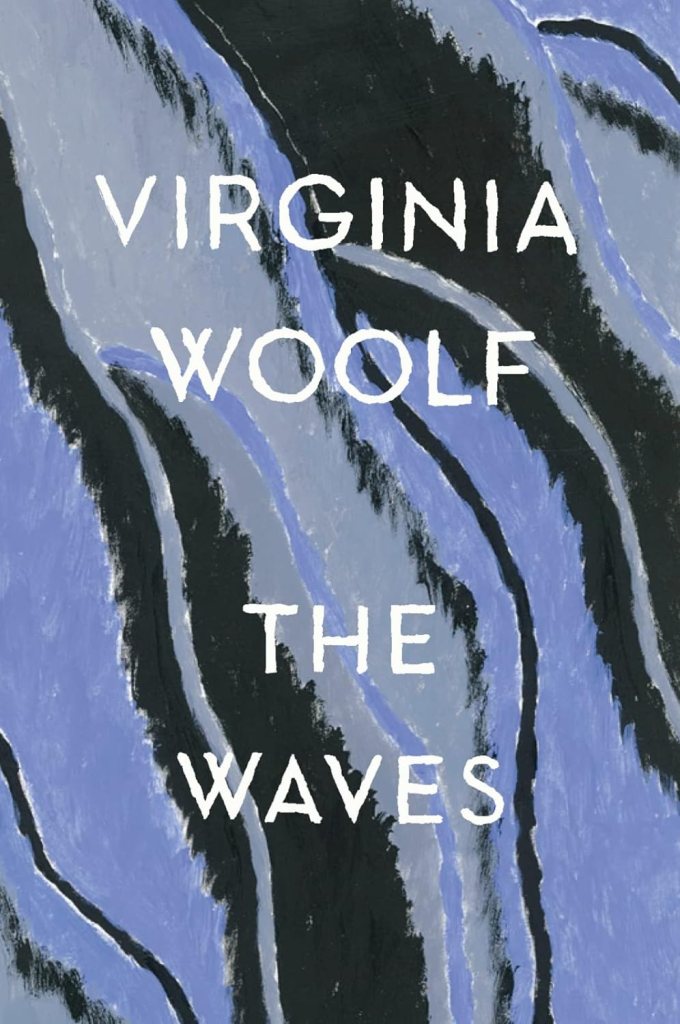By Steven French
Introduction
In 1926, Erwin Schrödinger published the paper containing his eponymous equation, one of the most significant scientific achievements of the twentieth century. In the same year Hugo Gernsback founded Amazing Stories, dedicated to what he insisted at the time on calling ‘scientifiction’. Given this, an obvious question to ask is whether the new theory of quantum mechanics had any impact on this emerging genre of literature, and if so, in what form?[1] As far as I can tell, however, no one has seriously considered this before now.[2] That’s not to say that there are no studies of the impact of quantum physics on science fiction at all – there are, but they tend to focus on later, post-war, developments. My interest lies with the earlier years, stretching from the late 1920s into the 1940s, when the theory spread beyond a small set of theoretical physicists and not only began to be applied to a range of phenomena – physical, chemical and biological – but was also presented to the general public through a number of popular scientific texts.
Unfortunately, however, with one or two exceptions, it appears to have had little impact on the science fiction stories of that era, beyond the occasional name-dropping and the odd, usually distorted, reference. it might be thought that this was because quantum mechanics was too new a theory and had not yet filtered into the consciousness of the general public, even of those who might be taken to be attuned to the latest scientific advances. Yet, this situation appears to contrast sharply with another form of literature prevalent at the time, namely Modernism. There is now a burgeoning literature on how the likes of Virginia Woolf were receptive to the new quantum physics, drawing on it to give non-traditional shape to their works. That suggests that the early authors of ‘scientifiction’ were not quite as ‘on the ball’ scientifically speaking as certain avant-garde writers in the UK. As we’ll see, however, things are not quite so clear, although there remains enough of a disparity to demand some form of explanation.
Continue reading “Science-Fiction, Quantum Physics and the Modernists”